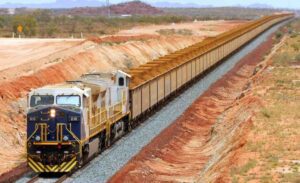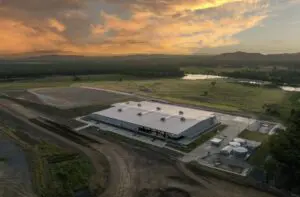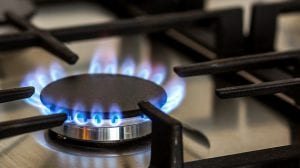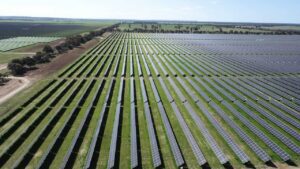A new 100% renewable hydrogen integrated stand-alone power system (HiSAPS) has been launched in Victoria, the first project completed under the Victorian state government’s Renewable Hydrogen Commercialisation Pathway Fund.
The first of its kind HiSAPS project was proposed and developed by Boundary Power, a joint venture focusing on modular and bespoke standalone power systems (SAPS) formed between Western Australian energy utility Horizon Power and Australian owned and operated engineering company Ampcontrol.
Sydney based long duration energy storage (LDES) developer LAVO developed the self-contained hydrogen power system, a prototype system developed and tested in NSW and deployed for trials across Australia.
The new HiSAPS project is located at Ampcontrol’s manufacturing site in Ringwood, Victoria, and uses solar power and a renewable hydrogen hybrid battery to store and generate electricity when required.
Able to perform energy storage, balancing, and generation functions, the unit combined Boundary Power’s Solar Qube – a relocatable all-in-one standalone power system – with the LAVO self-contained hydrogen power system.
Ampcontrol design engineers also collaborated with Selectronic for the Solar Qube electrical design to develop advanced features using Selectronic’s battery inverter.
Development of the HiSAPS project was backed by a $176,150 grant as part of the Victorian government’s Renewable Hydrogen Commercialisation Pathways Fund.
“There is a world of opportunity in the next five to 10 years to fill the gaps as the world collectively works to achieve global net zero,” said Rod Henderson, managing director and CEO of Ampcontrol.
“Some of our most innovative products within the renewable energy space have come about due to collaboration and partnership. HiSAPS is a brilliant example of collaboration, and investment from government, working together with industry to enable a smooth transition into a clean, reliable, and affordable energy future.”
Now operational, the HiSAPS project will be monitored for 12 months so as to provide technical data and knowledge for the development of future zero emission standalone power systems.









